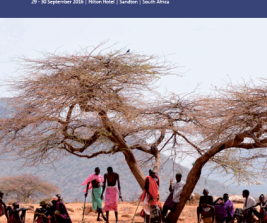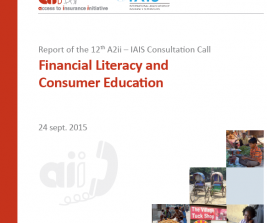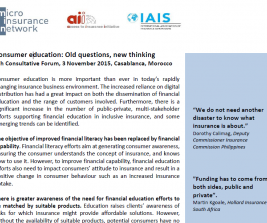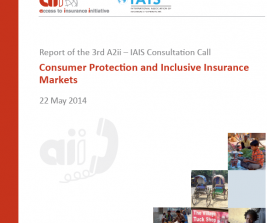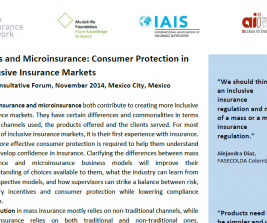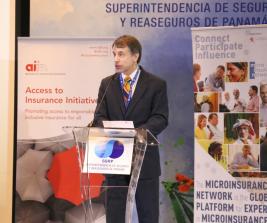Microinsurance markets are growing rapidly. New providers enter the market, offering innovative products and/or employing innovative provider models. Innovations can lead to new consumer protection needs, and also have a tendency to aggravate existing challenges of asymmetric information, market power imbalances and other imperfections that are typical for insurance products in general and are worse when poor and illiterate consumers are concerned.
Most low-income consumers are new to insurance and lack trust in the market. Many existing consumer protection frameworks lack consideration of these aspects. Weak consumer protection can have severe consequences for microinsurance consumers, but also the further development of microinsurance markets as a whole. Issues related to consumer protection in microinsurance are wide-ranging, including financially iliteracy, complexity of insurance products, capacity of (formal and informal) insurance providers, and low trust by policyholders in providers and the regulatory frameworks. With increasing prevalence of microinsurance and numerous national and international stakeholders working on the issue, good and bad practices are beginning to emerge on various aspects of the topic.
This paper suggests a framework for a holistic view of consumer protection in microinsurance. It starts by defining an »ideal insurance process« that puts the consumer in a position to take full advantage of microinsurance. In the real world, this ideal case is challenged by numerous issues concerning the type of risk and product, insurance company and intermediary, as well as regulator and supervisor. These issues and challenges are discussed together with approaches to consumer protection at both the industry and regulatory/policy level.


